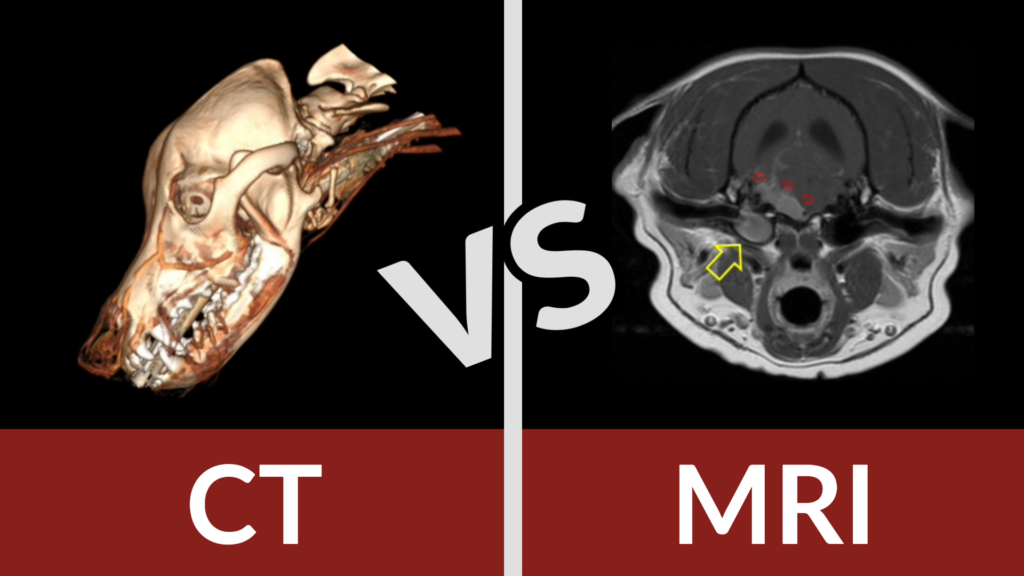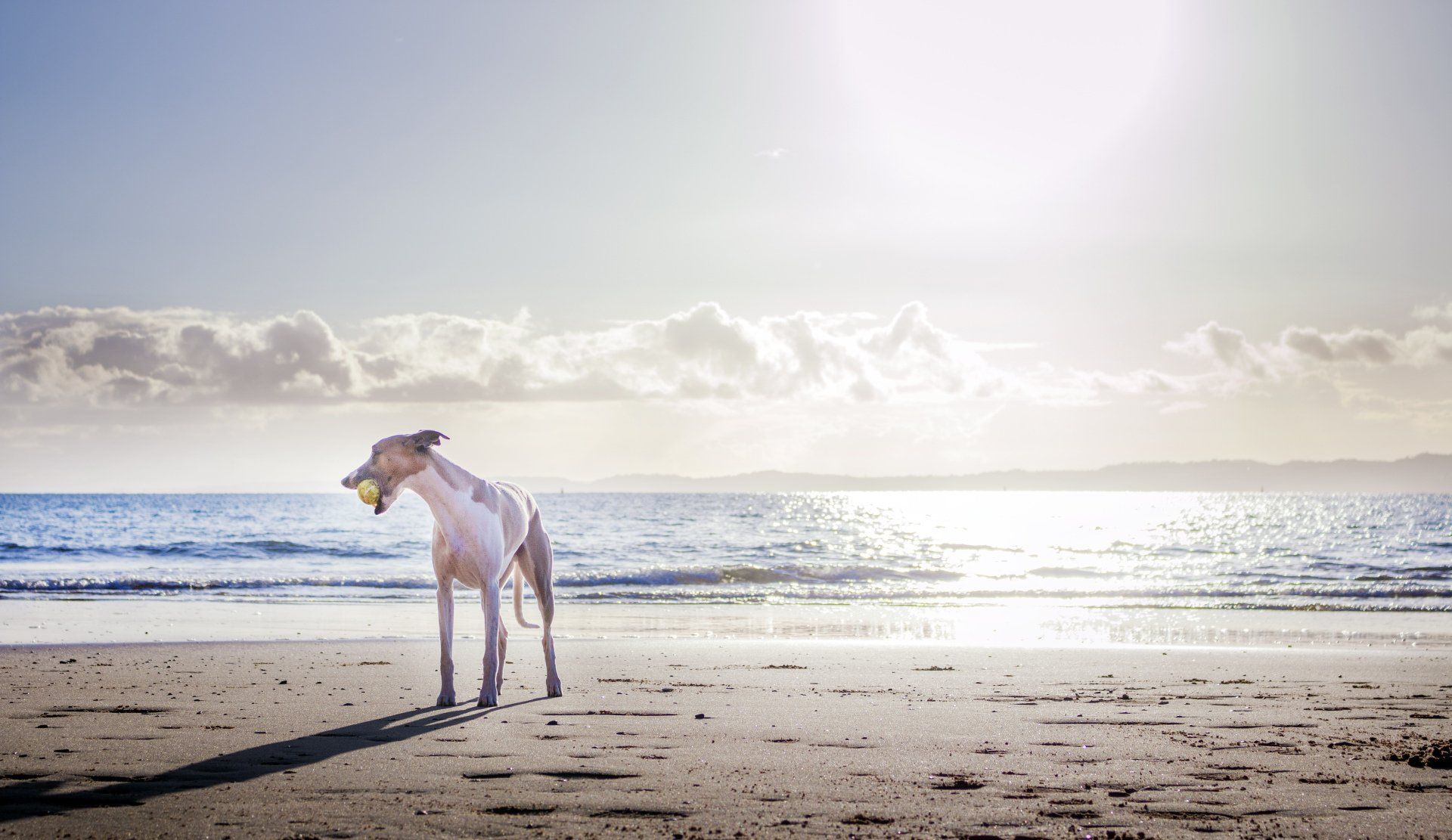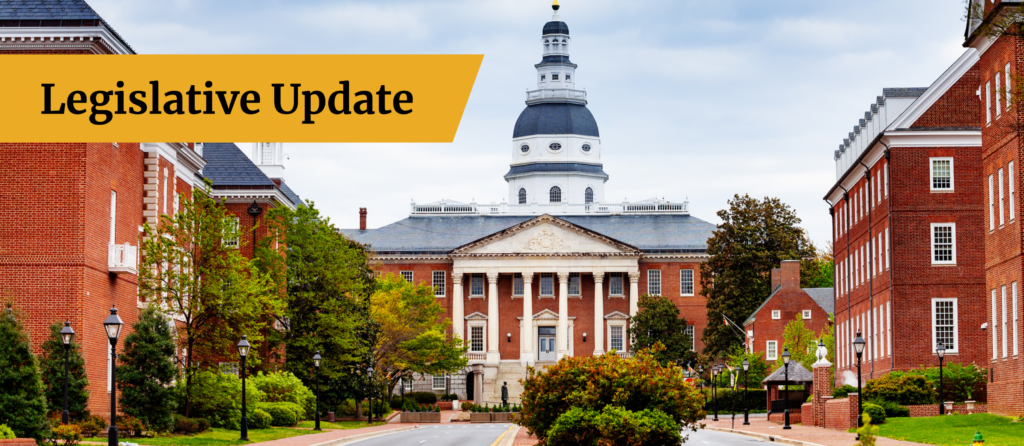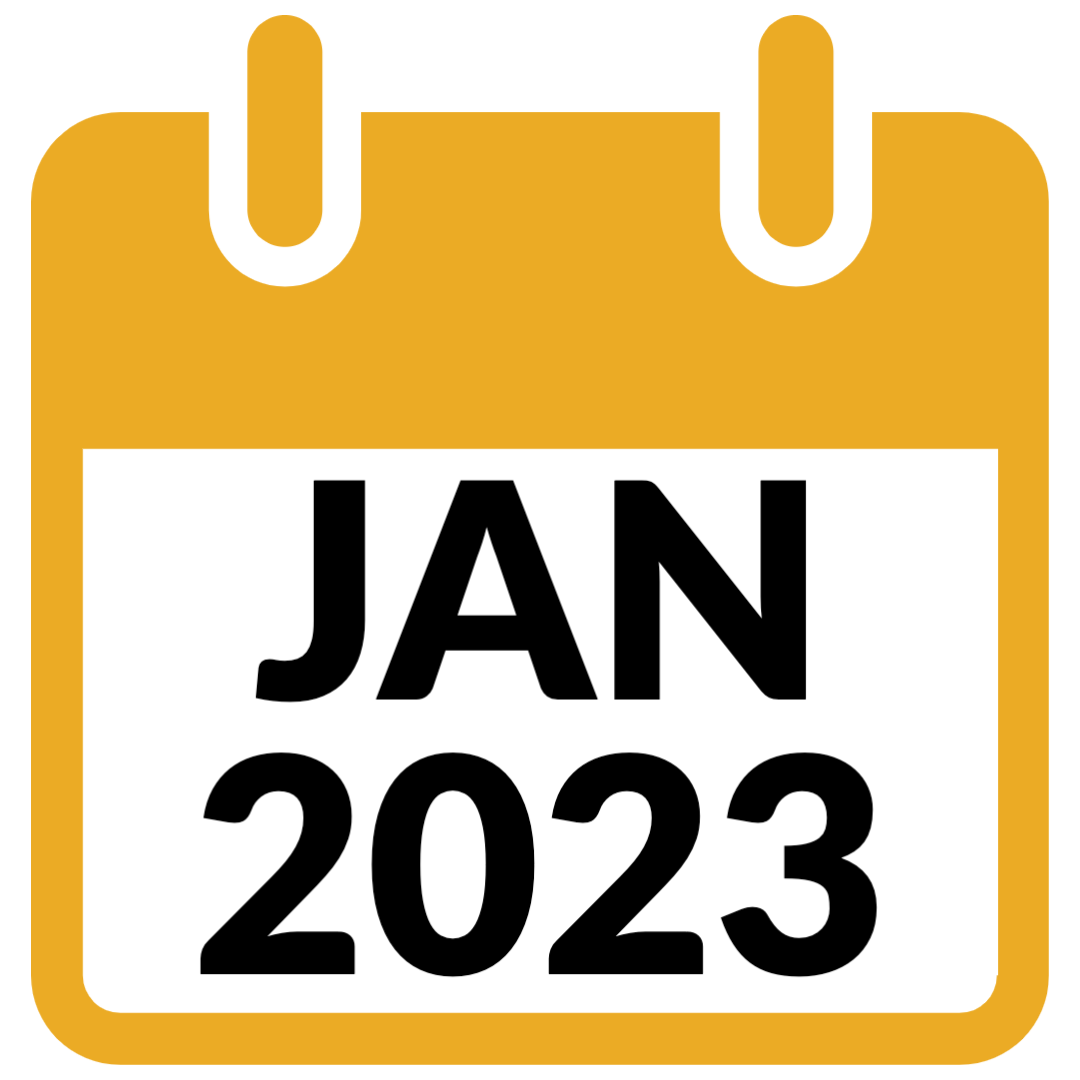Updates on veterinarians assisting in the vaccination of humans against COVID
There has been some discussion about the potential for veterinarians to assist in the vaccination of humans against COVID. Potential interest on the part of some veterinarians is understandable as the profession often responds to disasters and we naturally want to help. We know that having veterinarians volunteer to assist in vaccinating humans is not under consideration at this time in most states. There are however some states where there have been preliminary discussions or even requests for potential volunteers to identify themselves.
As organizations consider the topic, one important issue to keep in mind is potential legal risk. This is an unfortunate but necessary consideration given our litigious society. Here are some preliminary thoughts to consider. We had hoped to have more information for you, but wanted to get something to you now and will update you as we have more information.
- Veterinary Malpractice Insurance – veterinarians should not expect their veterinary malpractice insurance to cover them over human injury arising out of the administration of vaccine to humans. These insurance products are designed to cover veterinary incidents arising out of the normal course of professional veterinary practice. It is hard to imagine injury to a human arising out of vaccine administration to them being classified as such.
- Federal Law Protecting those that administer COVID vaccine – The federal Public Readiness and Emergency Preparedness Act (PREP Act) authorizes the HHS Secretary to issue declarations that provide limited immunity from liability arising out of, relating to, or resulting from administration or use of countermeasures such as the COVID vaccine. Veterinarians are not explicitly addressed in the Act or the current declarations. There is also reference to “volunteers” but it isn’t clear at this time that veterinarians would fit under that. There is the potential that veterinarians could be addressed in future amendments to the declaration. The HHS Secretary has the ability to add people to the list of those that would be covered, and has done so for pharmacists. We have reached out to HHS.
However, in the end that doesn’t settle everything for us, as there are a number of appellate cases saying the immunity provided is not 100% (e.g. doesn’t cover failure to use a countermeasure), and even the Secretary’s declaration says that there would be a case-by-case determination. For veterinarians, since malpractice insurance wouldn’t likely respond and defend against litigation involving treatment of humans, any defense costs would be out of pocket even if it was determined in the lawsuit that the immunity applied.
- State immunity / Agreements – There may be state specific laws that provide immunity, they may need to be predicated by some emergency finding or declaration, and there may be specific requirements in order to be covered. It would be very good to understand if the state provides the defense as well, or if an agreement could be reached for the state to defend and indemnify volunteer veterinarians. Remember that immunity is usually a defense in litigation. That means it doesn’t necessarily stop someone from suing, but that the defendant can raise the defense. If there is no insurance or the state doesn’t defend the case, then the veterinarian would be paying the defense costs out of pocket.
Ashley S. Morgan, DVM, CAE
Director | Division of State Advocacy
American Veterinary Medical Association
The post Updates on veterinarians assisting in the vaccination of humans against COVID appeared first on MDVMA.








